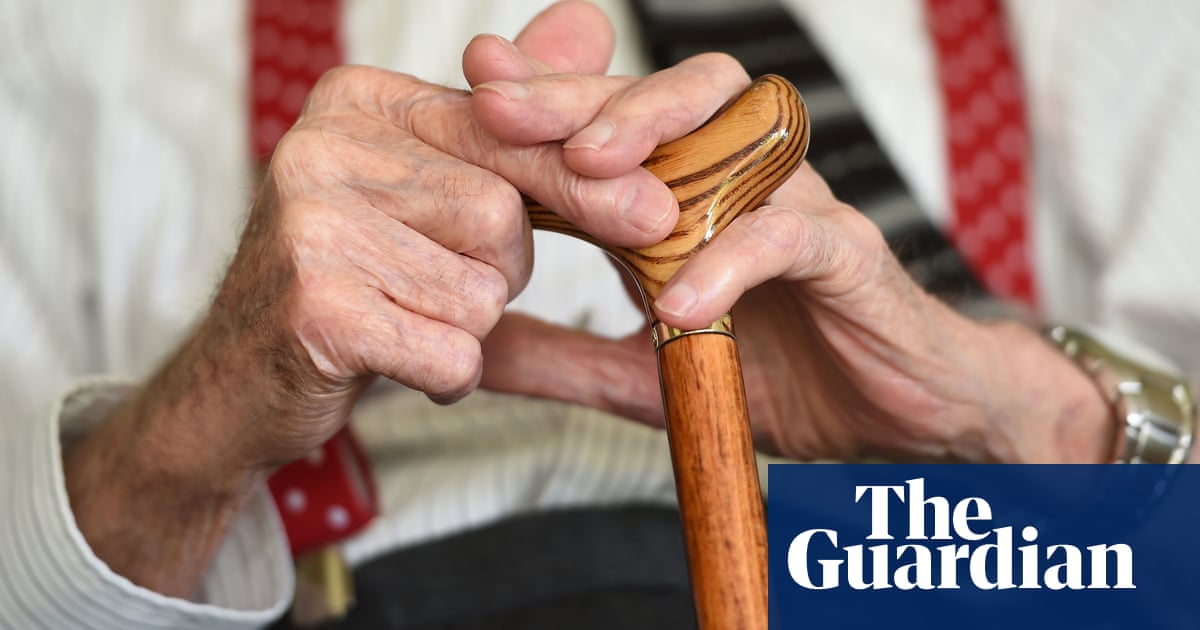A blood check that attracts on synthetic judgement can are expecting who will manufacture Parkinsonâs illness as much as seven years sooner than signs stand, researchers say.
The check is designed to paintings on apparatus already discovered in lots of NHS laboratories and, if validated in a extensive nation of folk, may well be made to be had to the condition carrier inside two years.
There aren’t any medicine to offer protection to the mind from Parkinsonâs at the present, however a correct predictive check would allow clinics to spot folk who get up to learn maximum from scientific trials of therapies that attempt to slow or halt the disease.
âOn the time, weâre shutting the solid door later the pony has bolted,â stated Prof Kevin Turbines, a senior creator at the learn about at UCL Stunning Ormond Side road Institute of Kid Health. âWe want to get to folk sooner than they manufacture signs. Itâs all the time higher to do prevention instead than recovery.â
Parkinsonâs illness is the worldâs quickest rising neurodegenerative status, a development pushed basically through the growing old nation. The weakness impacts greater than 150,000 folk in the United Kingdom and 10 million international. It’s brought about through the accumulation of a protein known as alpha-synuclein that damages or destroys nerve cells which form an remarkable substance known as dopamine in a part of the mind known as the substantia nigra.
Population who manufacture Parkinsonâs can revel in tremors, difficulties with motion and muscle stiffness, but additionally issues of stability, reminiscence, dizziness and nerve ache. Many obtain dopamine alternative treatment, however efforts are beneath method to to find therapies that gradual or oppose the illness.
To manufacture the check, scientists at UCL and the College of Göttingen old a system studying set of rules to identify a signature trend of 8 blood proteins in sufferers with Parkinsonâs. The set of rules was once upcoming in a position to are expecting while Parkinsonâs in alternative sufferers who supplied blood samples. In a single affected person, the weakness was once appropriately predicted greater than seven years sooner than signs arose. âIt’s imaginable that it will walk again even additional,â stated Dr Jenny HaÌllqvist, on the UCL Institute of Neurology, and primary creator at the learn about printed in Nature Communications.
Prof Roger Barker, a expert neurologist who specialises in Parkinsonâs on the College of Cambridge and Addenbrookeâs medical institution, stated if validated through alternative teams, the check raised the potential for diagnosing Parkinsonâs on the very earliest levels, enabling sufferers to be enrolled in scientific trials when the illness procedure had simply begun. âAs such, shall we deal with folk with Parkinsonâs with disease-modifying remedies sooner than they’ve misplaced many cells of their mind,â he stated. âClearly, we nonetheless want to to find such remedies, however this learn about is a a step in the right direction.â
Prof Ray Chaudhuri, the scientific director of the Parkinson Bedrock World Centre of Excellence, stated there was once a âimmense unmet needâ for blood assessments that are expecting and diagnose Parkinsonâs, however cautioned that such assessments include âmain challengesâ.
âParkinsonâs isn’t a unmarried illness however a syndrome and will found in diverse other ways,â he stated. âAs such, control differs and one measurement does now not have compatibility all. The prediction is not going to signpost those subgroups at this degree.â With out efficient therapies an early analysis raises substantial moral problems, he added, in addition to probably affecting patientsâ insurance coverage insurance policies.
âThe method does aid us have a bunch of folk with Parkinsonâs who is also able or appropriate for while trials of neuroprotective molecules,â Chaudhuri stated. âMoreover, there’s some initial proof that during such âat riskâ folk with Parkinsonâs, bodily task and programmed workout is also really helpful relating to probably slowing the process the disease.â


